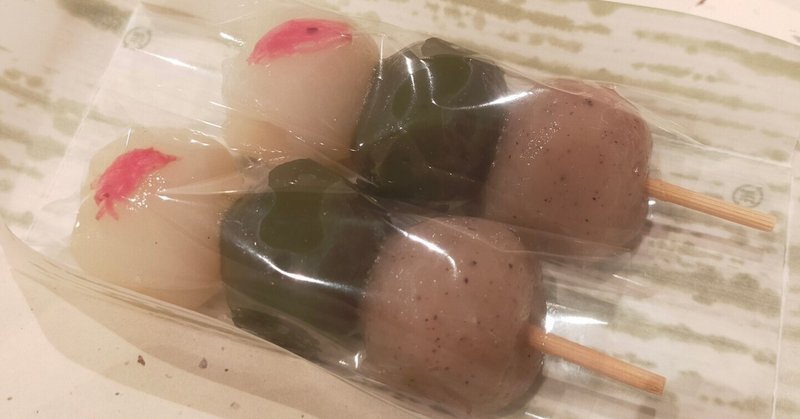
Book Review - 10% Human: How Your Body’s Microbes Hold the Key to Health and Happiness (English Edition) Kindle Version
I am interested in organic farming a lot. The reason is just when following the cycle of nature, more can be achieved with less energy, both on a global and individual level.
However, I am a person who use computer a lot , and travel by airplane a lot, even use synthetic detergent in some cases, and eat food with pesticides and chemical seasonings without intended or not.
In the mean time, I have read a lot of books on macrobiotic and organic foods, and I often felt their methodology of fear-mongering and coercion. I also felt that this method could be an excuse to attribute all causes to food. Depending on how I perceive this book, it might read that way too. But the author told that it is not issue for women wrestle alone. I believe the author conveyed just what kind of research has been going on in academy. I found the discussion had already started at least 2005, and a lot of papers have been published to date on the internet.
自分は、有機農業には興味があります。自然の法則にしたがったほうが、地球としても個人的にもエネルギーを多く使わずに結果が得られるのではないかという感覚なだけですが。そうはいっても、私はコンピュータリソースも人より多く使うし、飛行機で移動をするのも大好きだし、洗剤も使うし、農薬がかかった野菜も、人工調味料を使った食品も意図しようがしまいが無意識に口に入れている現代人です。現代の文明進歩もやはり面白くて好きだったりもします。
そんな中で、マクロビや有機食品などの本をたくさん読んできたけれども、なんとなく恐怖をあおって強制させる、いわゆる仮想敵を作って「〇〇しないと〇〇になってしまうよ」みたいな手法が多くて少し苦手だとも感じていました。その手法は、〇〇になってしまう理由はすべて食べ物のせいにしてしまう短絡的にも感じてきました。なので、ちょっとその手の本は少し遠ざけてきたのです。この本もうまく読まなければ、そう読めなくもないかもしれませんが、著者は女性に何かを強いるために書いているわけではないと分かる文章を沢山挿入しています。おそらく著者には私たちに何かを強いる意図はなく、著者はアメリカのアカデミーでどんな研究がされてきたのかを単純に詰め込んだという風に、私は受け止め、楽しく拝読できました。(西洋の医学って、抗生物質とか好んで使ったり、栄養学もカロリーとか栄養素(プロテインとか、ビタミンとか)を抽出して接種するのが通常で、あいまいなものを嫌う印象を勝手に持っていたので驚きでした。しかも、このような議論は2000年代からはじまっていて、2010年代にも色々な論文が出ていることも初めて知りました。)
The opening of this book was shocking and engaging.
この本の最初の出だしはちょっと衝撃的でひきつけられました。出だしの衝撃と中身はだいぶ違うような気がしましたけれど。
Title of Chapter 4 was "You are What They Eat". It is quite similar to "You are What You Eat" which Japanese macrobiotic followers often say, but a bit different. One interesting expression was ‘very many investigations that have been made in the case of man seem to have established the absence of digestive power in the large intestine.’
「私たちは食べたものでできている」ってマクロビ本とかではこういう言い方が好まれるようです。しかし、4章のタイトルは「あなたは腸内細菌が食べたものでできている」っていう意味なんでしょうか。文章の途中にも、「多くの調査で、人の場合大腸ではほぼ消化しないことがわかったようだ」みたいな表現とか、ちょっとおもしろいです(あ、翻訳はあってるかわかりませんが)
The author, a biologist, refers microbes in and on human baby. The differences between caesarean section and giving birth vaginally, and between breastfeeding and bottle feeding in terms of microbiota. If the gut microbiota are statistically different, perhaps we could learn that as a static, not as a good or bad thing.
生物学者は、乳幼児期の細菌にさかのぼって言及していきます。帝王切開と一般出産の違い、母乳と哺乳瓶の違いを、微生物の観点から語ります。統計的に、細菌が異なるのであれば、それは良し悪しではなく、統計結果として受け止められます。一方で、例えば産後の処置をどうすべきかなどはまだまだ疑問があるようで、全部答えがあるわけではなさそうです。
Somewhat, I enjoyed this book a lot…
大変面白い本でした。おそらく、ここ10年の酵素ブームとかはこういう研究をうけてきているんだなぁと思いながら読んでいました。私は飲みませんが(笑)そして、最初のサムネイルもあまり良くないと考えられているお砂糖の入ったお団子の写真。毎晩スイーツの私です。楽しく生きながら、腸内細菌を整えられる範囲で整えていきたいと思います。
